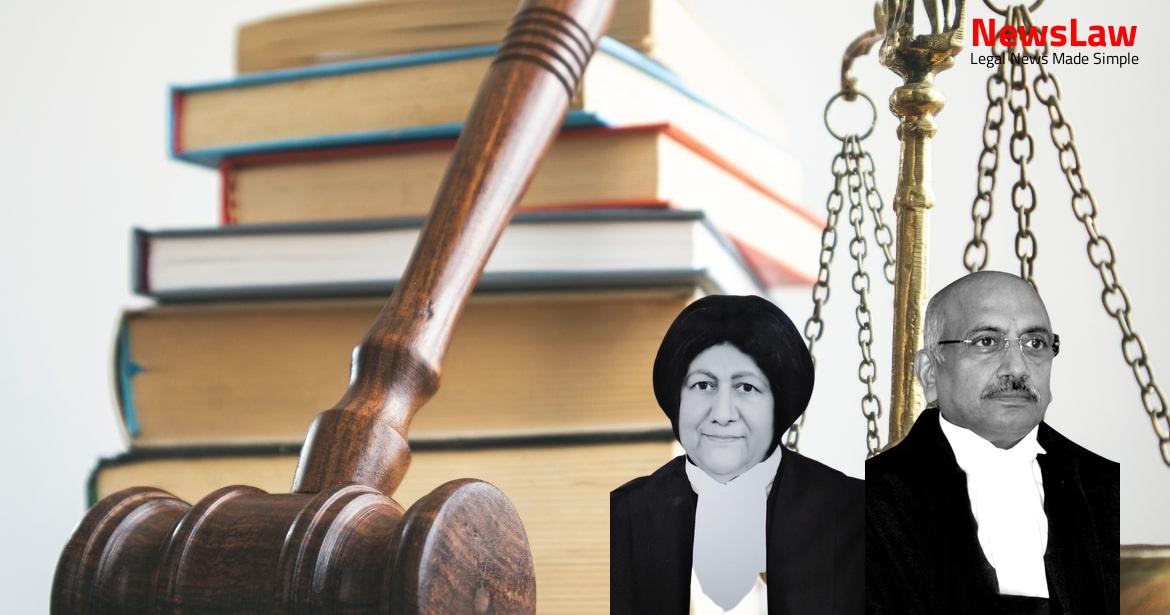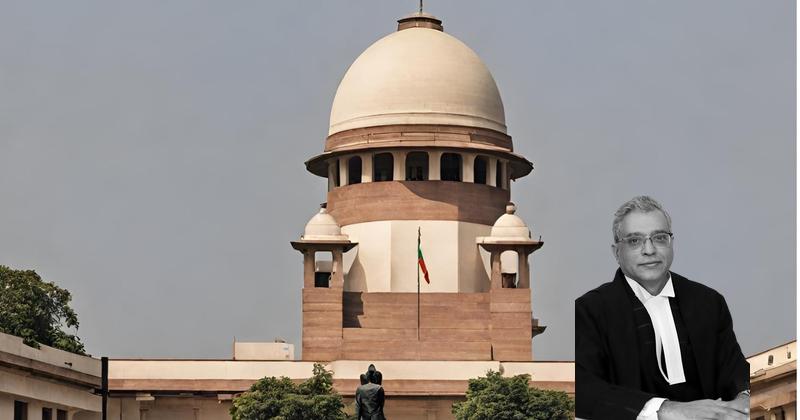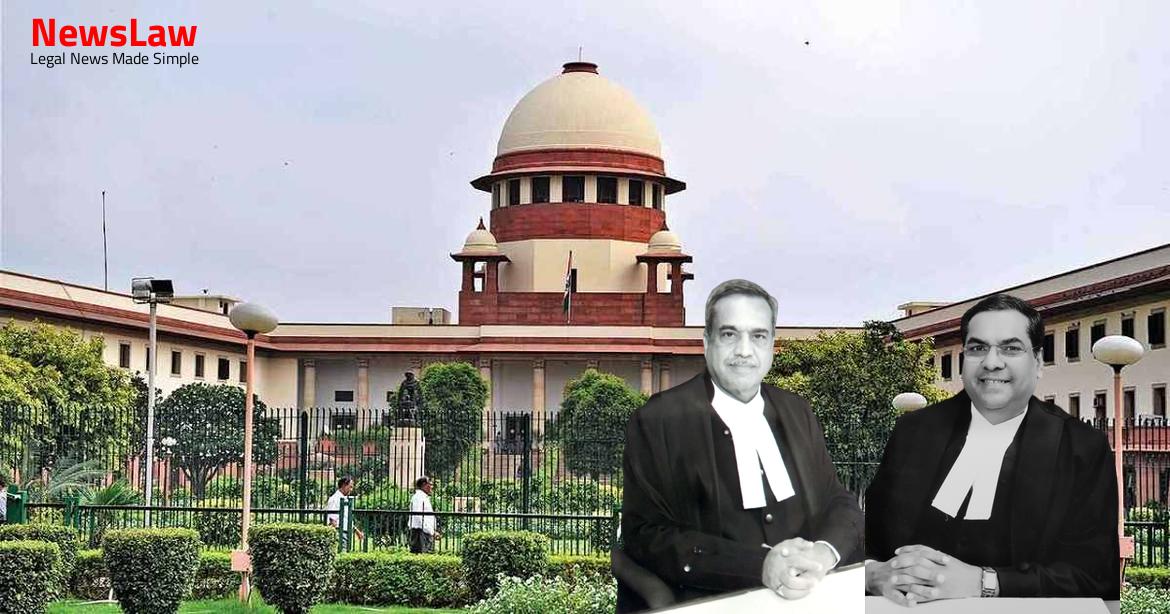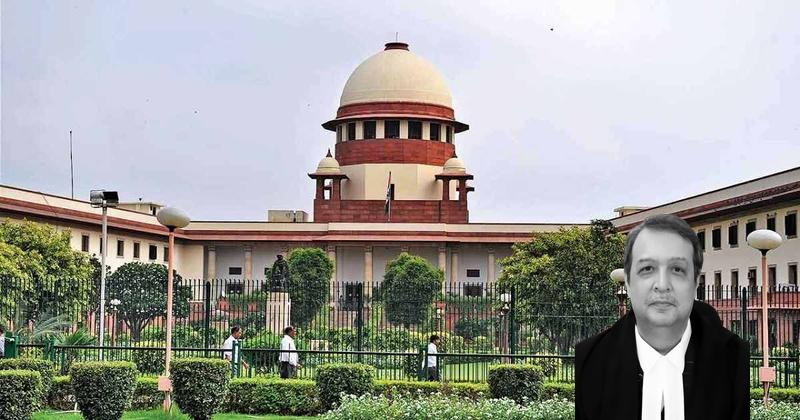Explore the depths of legal scrutiny in a murder case appeal where the court’s keen legal analysis played a pivotal role. The case delves into the nuances of evidence, witness testimonies, and the burden of proof in criminal proceedings. Stay tuned to unravel the intricate legal framework that guided the court’s decision-making process.
Facts
- Special Leave Petition filed by the State of Odisha against a final judgment of the High Court of Orissa at Cuttack.
- Petitioner State’s application for leave to appeal was dismissed by the High Court due to a delay of 41 days.
- Petitioner argued that serious charges, including murder under Section 302 of the IPC, were involved against the Accused Respondents.
- The High Court’s decision was based solely on the delay in filing the appeal.
- The Complainant, Gitanjali Tadu, alleged that her husband, the deceased, was found dead in a locked room with signs of electric shock and a swollen belly.
- The post mortem report indicated death by electric shock within 24 hours of examination.
- Accused Respondents informed the complainant about the deceased’s condition.
- The Complainant suspected murder due to an outstanding loan of Rs.20,000 by Accused Respondent No.1, Banabihari, from the deceased.
- The post mortem doctor suggested accidental or homicidal death, not suicidal.
- Accusations of murder were based on suspicion and lack of concrete evidence.
- Charges were framed against Accused Respondents for intentional murder and evidence concealment, but the judgment acquitted them due to lack of proof.
- No eye witnesses to the incident were presented, and the deceased was found in a room owned by Accused Respondent No.1.
- The rejection of the State’s leave to appeal was based on delay, but considered after assessing the merits.
- The judgment aimed to prevent a miscarriage of justice by carefully analyzing the evidence and charges.
- The post mortem report suggested a possible accidental death, contradicting the murder allegations in the FIR.
Also Read: Challenging Conviction: Legal Analysis Spotlight
Analysis
- The Prosecution Witness Dhanjaya Tadu’s statement about finding the deceased’s motorcycle in front of the shop of the accused is deemed unreliable and difficult to accept.
- There are inconsistencies and inaccuracies in the statements of the witnesses related to the deceased.
- The alleged loan given to the Accused Respondent No.1 is not supported by evidence in the FIR.
- The guilt of the Accused Respondents was not convincingly established by the Prosecution.
- The trial court’s decision to acquit the Accused Respondents was deemed appropriate.
- The Investigating Officer’s evidence lacked clarity and specific details.
- The possibility of the deceased’s death being accidental due to electrical injury while intoxicated with alcohol was highlighted.
- Inadequacies in the evidence and testimonies of the witnesses cast doubt on the Prosecution’s case.
- The Trial Court’s decision was thoroughly analyzed
- The comprehensive examination led to the conclusion of no doubt in the judgment
- The test conducted proved the certainty of the trial court’s decision
Also Read: Interplay of Limitation Act and IBC in Time-Barred Application Case
Decision
- The High Court dismissed the appeal based on the ground of delay
- The delay in filing the appeal was deemed unreasonable
- The accused is presumed to be innocent unless proven guilty beyond reasonable doubt
Also Read: Analysis of Contempt Charges for Breach of Undertaking
Case Title: THE STATE OF ODISHA Vs. BANABIHARI MOHAPATRA (2021 INSC 85)
Case Number: SLP(Crl) No.-001156 / 2021



